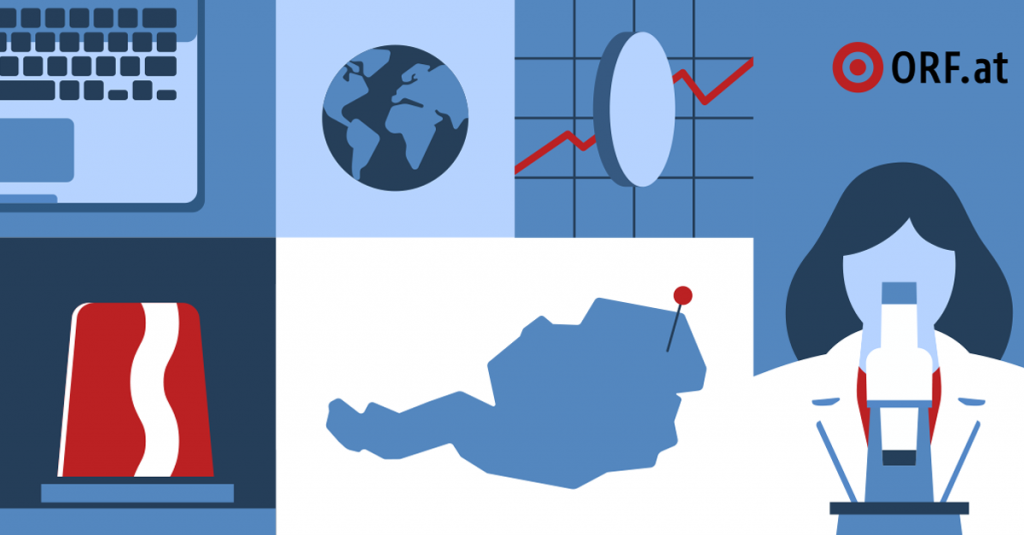A few hours before the crucial meeting of EU interior ministers, Chancellor Karl Nehammer (ÖVP) reaffirmed Austria’s rejection of Bulgaria and Romania’s accession to Schengen.
In a joint press appearance with Manfred Weber, president of the European People’s Party (EPP), Nehammer called for a delay in the decision until next fall last night in Vienna. Weber expressed his understanding of Austria’s fears and concerns, but not a veto.
The term Nehammer refers to the Netherlands and Bulgaria
In a brief press appearance on the sidelines of the EPP conference in a hotel in downtown Vienna, Nehammer reinforced Austria’s arguments that the Schengen area does not work. If Austria, as a Schengen country, has already picked up 75,000 unregistered immigrants this year, the chancellor said, it is “a security issue that we cannot eliminate”.
At the same time, he countered the impression that Austria was alone in this issue. At a meeting of interior ministers today, the Netherlands will also not agree to Bulgaria.
The European Union vote to extend the Schengen
On Thursday, EU interior ministers will vote on expanding the Schengen area to include Romania, Bulgaria and Croatia. The Austrian federal government wants to prevent the accession of Romania and Bulgaria, while the EU Social Democrats are fully in favor of it and the European People’s Party also votes in part for it.
Austria ties its approval of Schengen expansion to the implementation of its own five-point plan, including strengthening external border protection. When asked by APA when this plan could be implemented, Nehammer referred to the statements of Interior Minister Gerhard Karner (ÖVP).
This “showed a time horizon until next fall to set a new ballot date for Romania and Bulgaria.” Until then, one can “orient oneself” on the basis of facts such as the number of concerns, and there should also be some progress in terms of refusals and implementation of asylum procedures in third countries.
Criticisms from SPÖ, NEOS, and Karas
Criticism of Karner’s position before the meeting of EU interior ministers came from SPÖ and NEOS, but also from fellow party and European Parliament Vice-President Otmar Karras (ÖVP). The Schengen blockade does not contribute to solving the number of asylum seekers and has nothing to do directly with it. To confuse the two, Karras says, is “irresponsible and indescribable.”
Former Czech Foreign Minister Karel Scharzenberg strongly criticized the position of the blockade in Vienna. It is about “mere domestic politics. I appreciate Austria’s role in the Balkans. But this veto is a silly joke. He is hopelessly positioned,” Schwarzenberg said on the occasion of his 85th birthday in an interview with the “Kleine Zeitung” (Thursday edition).

“Food practitioner. Bacon guru. Infuriatingly humble zombie enthusiast. Total student.”








More Stories
Kyiv: Russian Kursk offensive halted
US Presidential Election: Former US Government Officials Warn Against Donald Trump's Election
Netherlands wants to leave asylum system